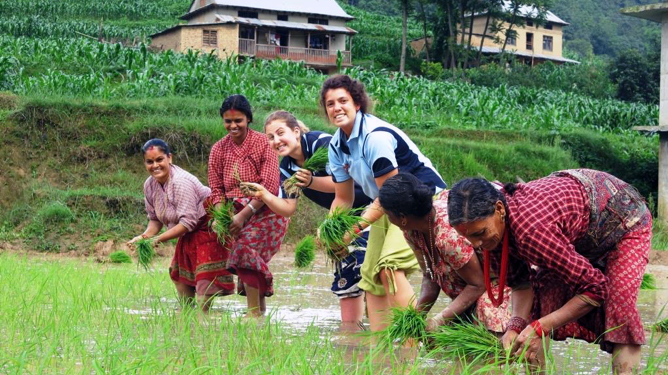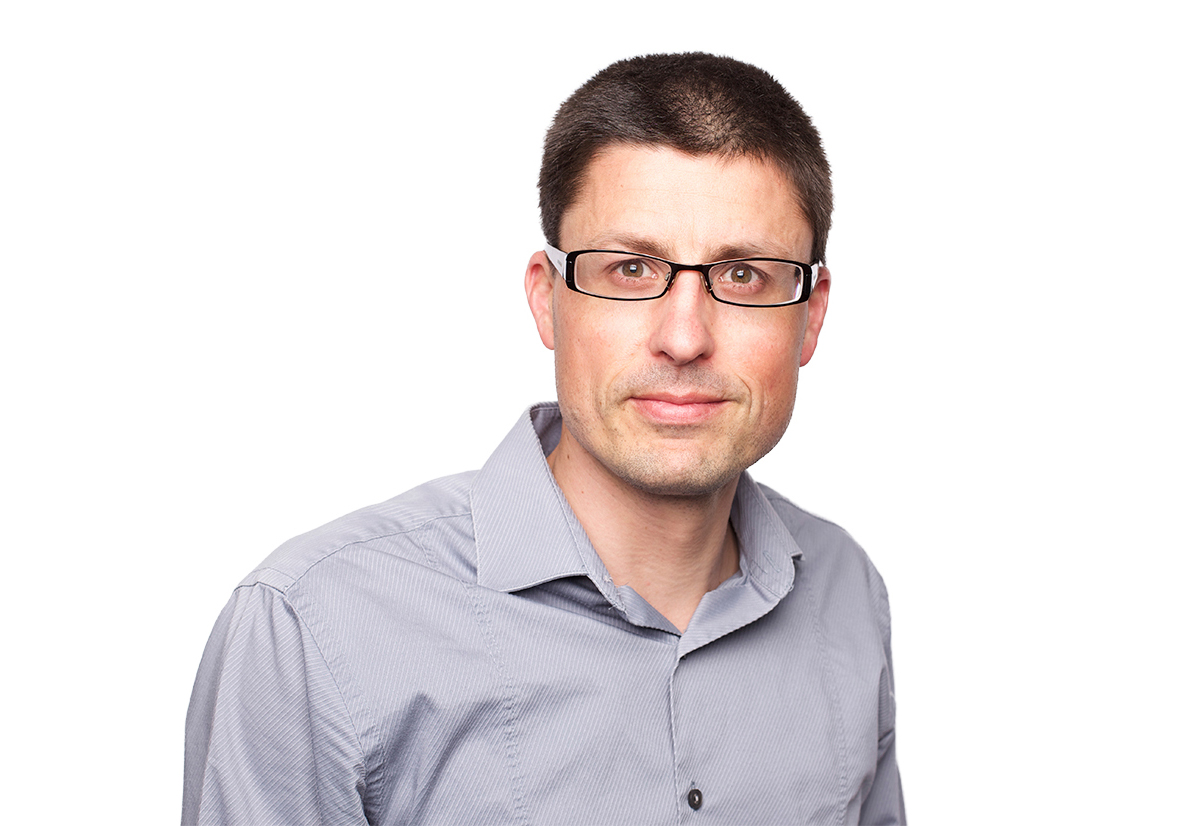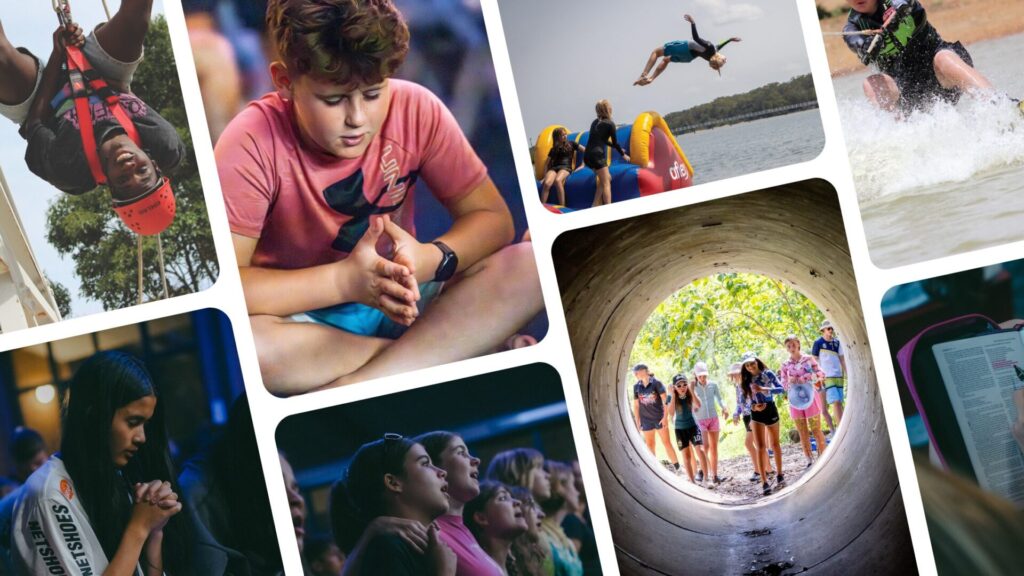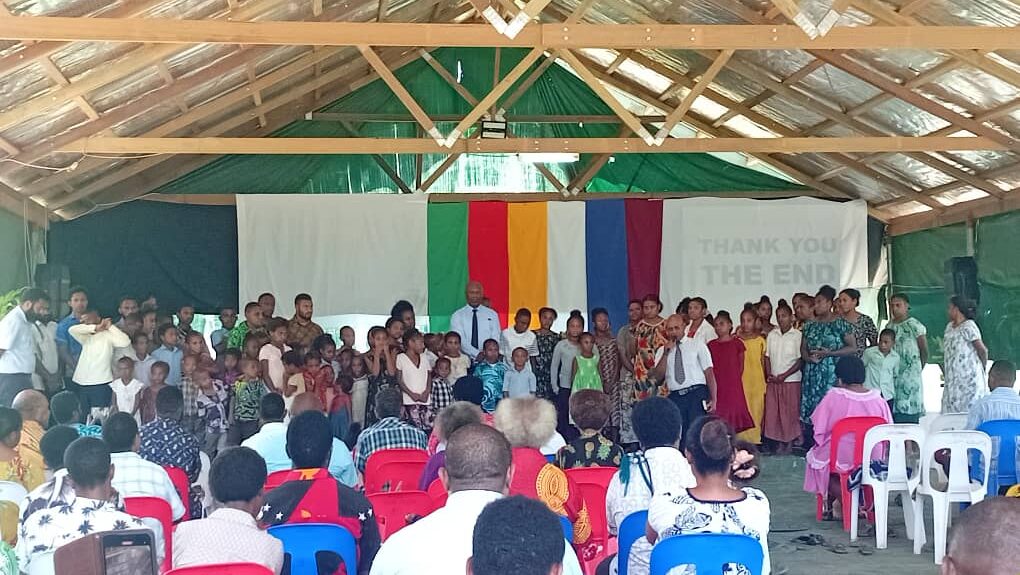Challenging overseas professional experiences fostering a sense of freedom and belonging lead to better learning for pre-service teachers, research by an Avondale lecturer shows.
By better learning, Dr Jason Hinze means developing new and connected personal and professional identities, or stories of self, then “renegotiating” those stories through a destabilising, questioning and rebuilding process.
The stories of four pre-service teachers who completed professional experience at a remote village school in Mahendra Jyoti in the Bagmati Zone of central Nepal form the core of Hinze’s thesis. As such, the qualitative study seeks a depth not breadth of understanding and “represents a stepping stone in the body of knowledge that may help inform best practice in the design and delivery of quality professional teaching experiences”.
The stories show overseas experiences can be transformative but “we should not assume these experiences are transformative just because we take students overseas,” says Hinze. “The stories allowed me to identify the components required if overseas experiences are to be successful.” Those components? Ensuring pre-service teachers experience significant challenges, high levels of freedom and high levels of belonging.
Challenges
Examples of significant challenges for pre-service teachers completing overseas experiences include the cultural diversity of the experiences—the more culturally diverse the better—and how closely the experiences mirror the realities of teaching. The latter means immersing pre-service teachers in the challenge of managing teaching workload, extra curricula activities and administrative tasks. “Unless pre-service teachers are separated from what is familiar . . . it is likely that they will experience little growth in relation to their stories of self,” writes Hinze, the Secondary Course Convenor and the coordinator of Ministry Of Teaching Overseas in the Discipline of Education at Avondale College of Higher Education. [pullquote]
Belonging
Multiple realities emerge—the research places more emphasis on student-directed learning but also more onus on schools and teacher educators to facilitate this learning. Schools should treat pre-service teachers as teachers rather than teachers in training, notes Hinze. Educators should “widen their focus from ‘What is being taught?’ to ‘How supported and connected do pre-service teachers feel within their learning experience?’” Hinze suggests educators develop “families of learners” within large student cohorts and coordinate team building experiences to foster long-term relationships. These initiatives may have a “profound” impact on the ability of pre-service teachers “to experience the freedom to be themselves and take on challenges they may have otherwise avoided”.
The pre-service teachers also felt a sense of belonging when they completed their professional experience in teams. Talking with a perceived equal rather than an expert after a failure or success encouraged the students to solve problems together, notes Hinze.
Freedom
This freedom to experiment and learn through reflection also supported the development of stories of self. So, Hinze suggests educators seek alternative assessment procedures—involving the pre-service teacher and their mentor in a co-construction of the grade, for example—to reduce external pressure.
Placing pre-service teachers in experiences that promote confusion and inner discomfort may initially appear unnecessary, says Hinze, but “I now believe it’s only by destabilising existing beliefs and behaviours, often developed by habitual thinking and action, that real transformation comes.”
So, how will Hinze use the findings of his thesis in his own classes? “I’ll provide more opportunities for my students to share their stories and learn from each other, to experiment. I’ll immerse them in challenging experiences and surround them with people they trust. I’ll give them more freedom to learn for themselves. And I want to see them experience the joy that comes from making a contribution to the lives of others.”
Hinze became the ninth student to graduate with a Doctor of Philosophy degree from Avondale in December 2017.






